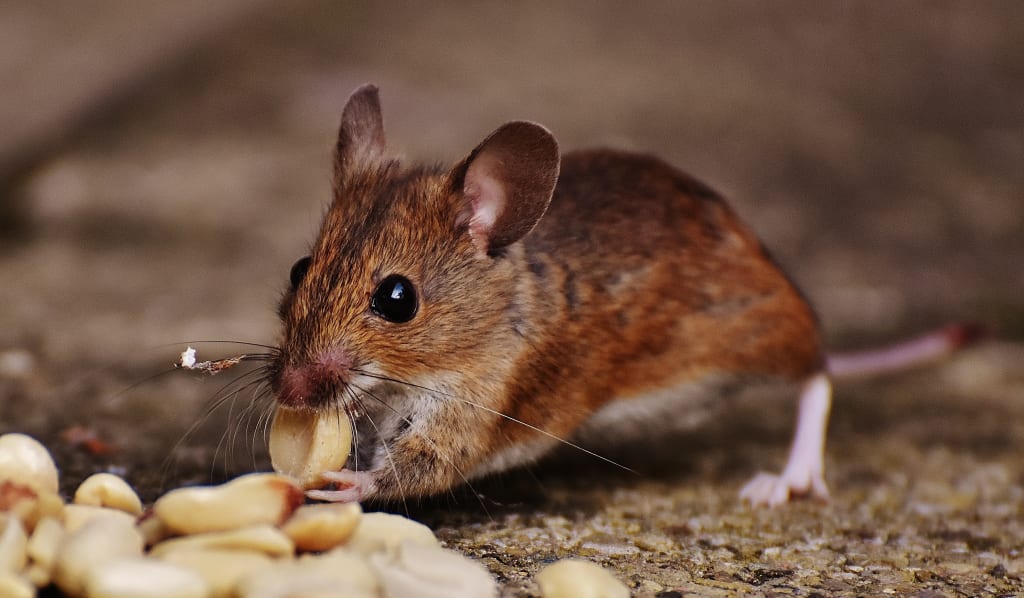Why Pests Are Dangerous for Your Home and Health?
Whether they sting, smell, bite, or simply move around your house, when insects occupy your home.

Whether they sting, smell, bite, or simply move around your house, when insects occupy your home, they can bring a slide of health risks with them. They can disrupt the foundation of your property by slowly destroying the structure. And they can also be as deadly as causing death due to severe allergic reactions. Along with insects, there are other mammals and rodents which conveniently find their way in your basement and walls.
Probable threats from pests
On your home
- Insects such as termites can cause severe damage to homes, and unfortunately, many insurance policies do not even cover the cost of these damages, so regular inspections are critical. Termite inspection in gold coast can do a thorough inspection to find out the source of termites, without which getting rid of these are never possible.
- Rodents can damage the insulation and wiring system in the walls and attics. Rats and mice build nests, and squirrels chew holes in siding to gain access to the roof space. These can contribute largely to house fires!
On your health
While some pests can destroy your home, they can also have severe effects on your health. Some of these include:
- Any types of pests leave behind fecal matter and sheds their skin, which can contaminate the air and cause airborne diseases for you and your family members.
- Biting insects: Any insects starting from bed bugs to mosquitoes, to fleas and ticks, are biting insects. When these bite, you will typically have a mild reaction like swelling, and at times be accompanied with mild pain, or itching and redness. Very rarely these insect bites are as severe or fatal as the allergic reactions caused by the stinging insects.
- Stinging insects: These types of insects inject venom inside your body, which can cause life-threatening allergic reactions. Honeybees, paper wasps, fire ants, and yellow jackets are some of the most common stinging insects that can cause deadly allergies.
The most common reactions to an insect sting are generally similar to the insect bite – people experience things like swelling, itchiness, mild pain, and redness around the affected area. It also tends to lessen on its own in a few hours or maximum in a few days. But in some of the rare cases, they can cause allergic reactions, anaphylaxis, which is life-threatening, and commonly requires instant medical attention.
Additionally, they can affect any part of the body, and the most common symptoms include:
- Rashes, or itching for a prolonged period.
- Swelling of the facial parts like lips, or tongue, and throat.
- Trouble in breathing,
- Shortness of breath
- The tendency of blackouts or dizziness.
- Fever and delirium.
- Stomach problems like bloating, pain, vomiting, or diarrhea.
- Acute anxiety.
- Loss of consciousness
How to prevent pest infestation?
While making your home entirely pest-free is not possible; you can always take these steps to prevent its infestation.
- Tighten up. Store food in airtight jars so that critters do not get inside them and contaminate them. Trash bins should always have tight lids. Also, check your home for any cracks and holes in the walls and vents - fill up all these as these are the haven for pests.
- Keep dry and clean. Ensure that there are no leaking pipes or applications as these hold standing water. In turn, this water attracts various types of pests. Clean the countertops, carpets, floors, furniture rugs, and tables regularly and dry them up so that no food particles lie around, which attracts rodents and insects. Regular vacuuming also helps to eliminate pests and their eggs. Dust can not only be harmful to your health, but it can also be a cause of pests infestation, so staying clean and dry is very important.





Comments
There are no comments for this story
Be the first to respond and start the conversation.